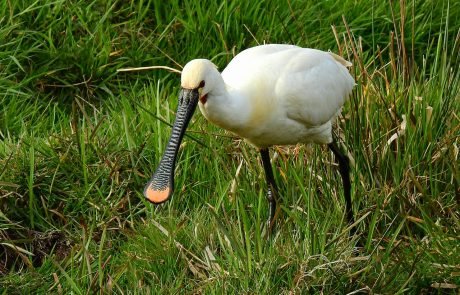Climate change is driving the pine beauty moth north 50 years before earlier predictions
In Finland, the pine pest Panolis flammea — commonly known as pine beauty moth — is shifting its range northward to escape climate change 50 years ahead of earlier predictions,









